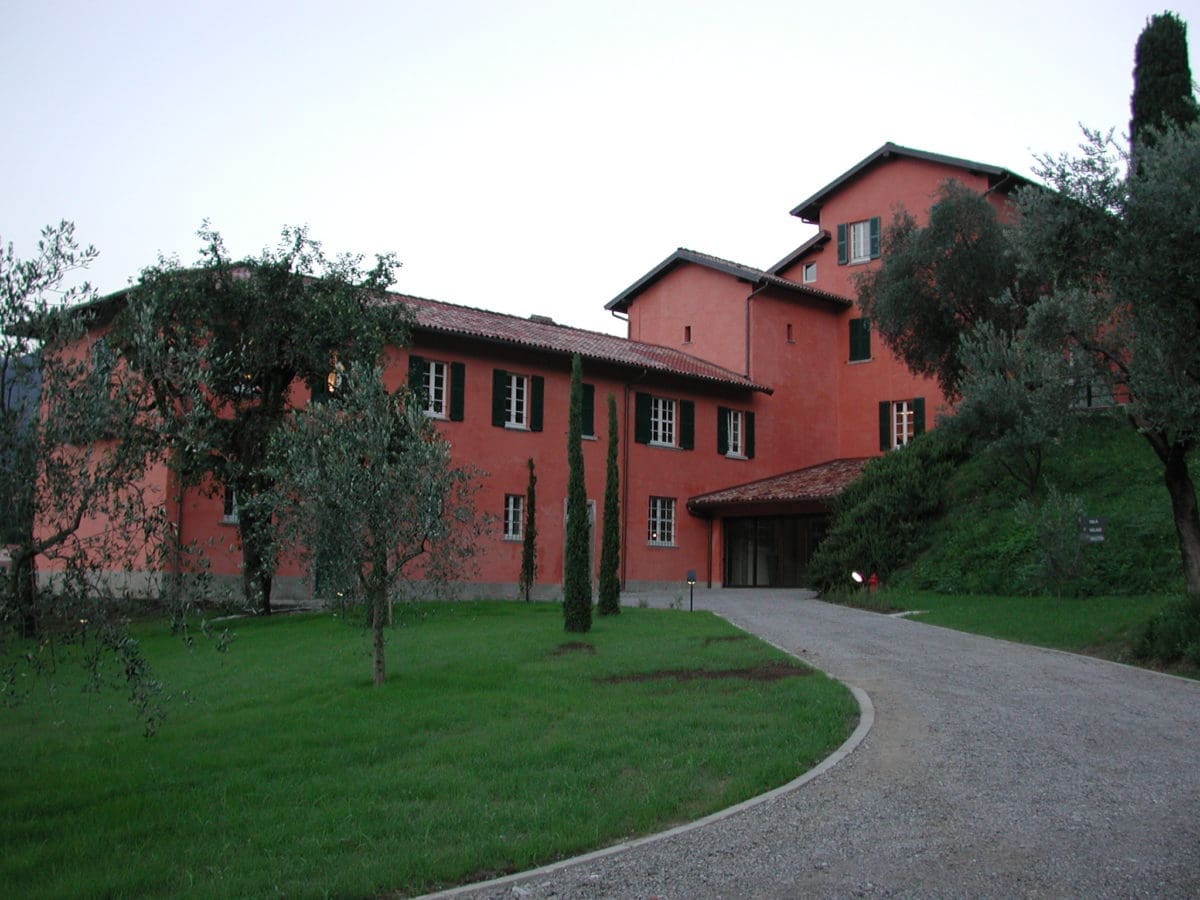One academic founded a coalition of historic spaces dedicated to preserving the most traumatic memories, thus shifting the narrative among international museums on the importance of this work.
Liz Ševčenko was at the Bellagio Center in 1999 for a convening entitled Sites of Conscience and returned in 2001. As a result of this experience, Liz became the founding director of the International Coalition of Sites of Conscience, a network of historic spaces that foster public dialogue on pressing contemporary concerns. Liz is currently the founding director of the Humanities Action Lab, a coalition of universities and organizations that produce public memory projects focused on social issues.
I’m currently working on a crowdsourced public memory project about the roots of the climate crisis in 25 communities in the U.S. and Latin America. These communities are on the front lines of the climate crisis, and since 2017 they’ve been looking at how their long histories of environmental racism impact how they experience climate change. We are collaborating on a traveling exhibit that tells their stories. It’s called Climates of Inequality: Stories of Environmental Justice, and it’s been on the road since 2019. This project would not have evolved without the things I learned from my experience at Bellagio.
I was at Bellagio in 1999, and then again in 2001. Those convenings were the genesis for an organization that I co-founded and ran called the International Coalition of Sites of Conscience (ICSC). Back then, I was working at a history museum in New York City – the Lower East Side Tenement Museum – and looking at the long history of immigration in that neighborhood. The museum was figuring out how to share stories of immigration in engaging and challenging ways, with a goal to open new conversations about immigration policy and community practices in the present day. This was a time when this wasn’t normal. That’s hard to believe because museums and places of memory have since become such a core part of healing after any kind of historical reckoning. But that was just not the case at that time.
To plan for the convening at Bellagio, I was reaching out to museum directors in different parts of the world, to identify others that felt similarly about their museums playing this kind of role in their own civic societies. Only nine responded. They came from very different historical contexts, and very different current conflicts, but they all shared this commitment to the idea that society was never going to be able to move forward from past violent atrocities without remembering; without having a space where people could come together in an ongoing way.
That's what brought us to Bellagio – to ask what we had in common, what we could do together to create a new definition and role for museums. We also wanted to figure out how we could support each other.
Liz SevcenkoFounding Director, International Coalition of Sites of Conscience
And we certainly made the most of our time! We’d carefully designed a structured agenda beforehand, and there was a lot of collaboration and discussion around our practices as smaller collectives. By the end of our stay, we’d crafted a declaration and honed its language. We laid it out on a table in an upstairs library lounge and held a signing ceremony. When we left, we each took a copy home with us.
During our time at Bellagio, there was a mix of conveners who came for short stays (like us) and residents who were there for the whole month, so there was a real cross-section of people. One of the residents was a composer, and we told him about how we were building a common identity and purpose as Sites of Conscience. He listened and was enthusiastic, and I thought that was all – but on the last day of our convening, he knocked on our conference room door. He told us: “You need a theme. If you’re gonna be a movement, you need an anthem.” He’d composed a piece called “Sites of Conscience,” and gave us the sheet music as a gift. It was an incredibly touching way to receive support from another Bellagio fellow, and it was a validation of sorts, too. It marked that we were starting something important.
Before Bellagio, we were like individual atoms floating around. Thanks to that convening, we came together and created something bigger than the sum of our parts. Since our formation, the coalition has grown a network of over 350 Sites of Conscience in over 65 countries, engaging tens of millions of people on an annual basis. Together, we use the lessons of history to take action on challenges to democracy and human rights today. That week in Bellagio was the birth of this ambitious effort.
Bellagio can convince busy people to leave their urgent work and come together for a new purpose. It was a magical, peaceful place that gave everybody the space they needed to focus on their work; and thus, where local work was given global importance.
Explore more
Visit the International Coalition of Sites of Conscience and Liz’s current project Climates of Inequality.
Get Liz’s book, Public History for a Post-Era Truth: Fighting Denial through Memory Movements, from Routledge. Liz’s recommendation: Reconsidering Reparations, by Olúfémi O. Táíwò.
Related

December 2022
When it comes to climate justice, The Rockefeller Foundation is taking urgent steps to support and protect our planet. Globally, we are on a path to 2.7 degrees of warming, resulting in unbearably harsh living conditions that will affect us all, especially those in under-resourced and historically marginalized communities. We can’t afford to let that […]
More